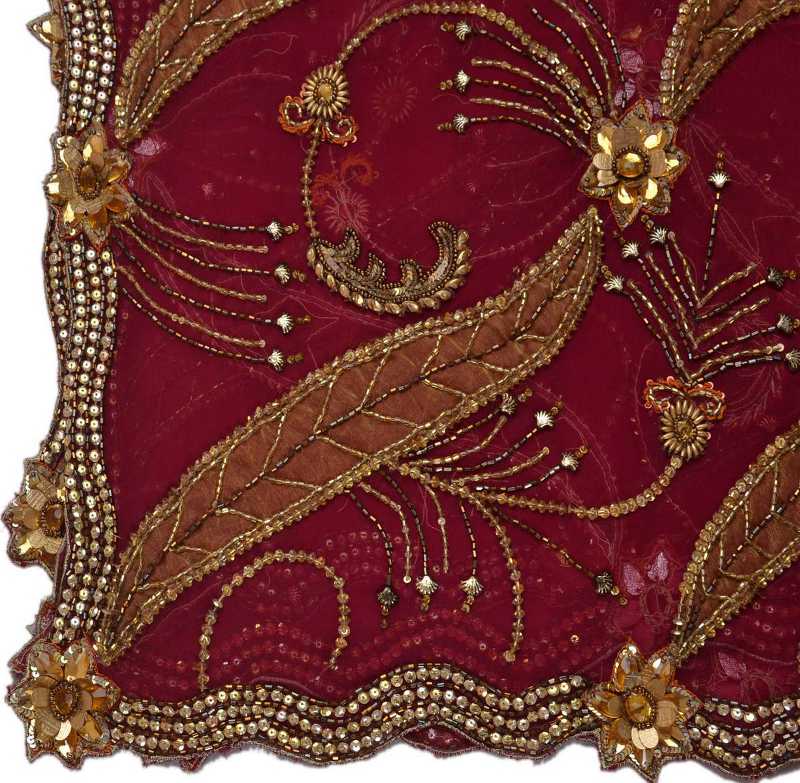===
0291,
5
===

=== |
 |
khaa jaanaa : 'To eat up, swallow up, devour, consume; to embezzle, to make away with; to leave out, omit; to eat away, rub or wear away, corrode, &c.' (Platts p.868)
FWP:
SETS == EK
MOTIFS
NAMES
TERMS == DOUBLE-GHAZAL; 'THEME-CREATION'; 'THOUGHT-BINDING'The 'inquirers' are of course people who come to check on or visit the sick lover and ask about his condition. We can easily imagine them as smug or hypocritical, or mere idlers looking for gossip and scandal. But even if we take them to be genuine friends, grieved and solicitous and eager to help, it's still quite understandable that they might drive the lover crazy (or crazier). The lover craves solitude for many reasons, most of which his friends disapprove of. It's easy to imagine their devising affectionate, well-meant little schemes for distracting him from his mad passion.
And then, the lover is ek lovesick person, 'in his own right' [apne aap]. Is he 'single', 'particular', 'unique', or 'excellent'? Is he depicting himself as especially weak and wretched (a single isolated invalid, sick in any case), or especially powerful (a particular and unique madman, whose sickness is self-chosen and self-generated)? In either case, the meddlesome attentions of the 'inquirers' are one more, externally imposed burden that the lover feels he shouldn't have to bear. The fretful tone of the second line feels exactly right; aren't most of us irritable when we're sick?